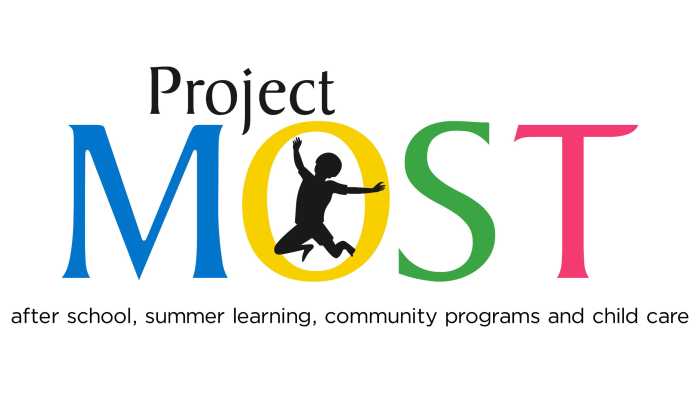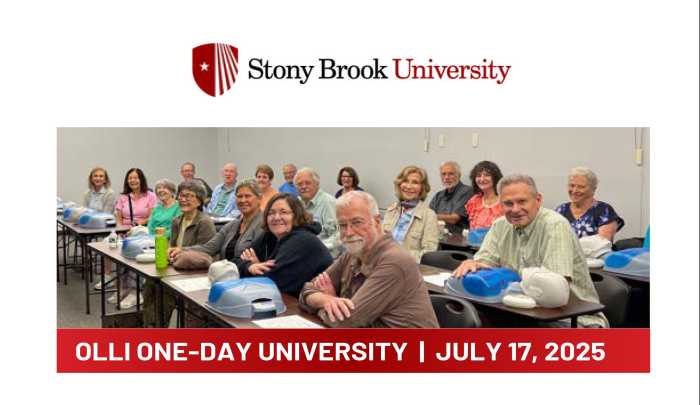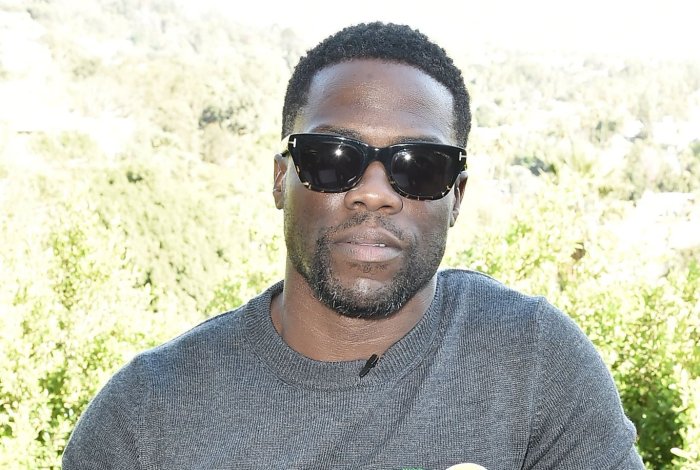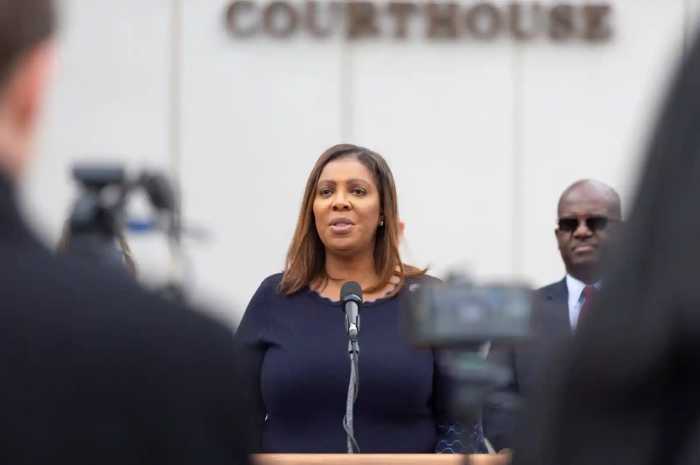A select group of teachers argued against proposed middle school curriculum changes, including the elimination of Regents-level classes, during a Sewanhaka Central High School District meeting last week. Adjustments suggested by a committee of district and building administrators include advanced curriculum in seventh and eighth grade as early as next year.
New Hyde Park Memorial High School Guidance Counselor Craig Barbieri noted the classes taken by students leading up to graduation including physics, chemistry, earth science, living environment, geometry, algebra and pre-calculus.
“I agree with having high standards for students,” he said. “[Is the current curriculum] not enough to prepare them for a college setting?”
District Superintendent Ralph Ferrie indicated otherwise.
“The research is saying it’s not,” Ferrie said. “We haven’t released our findings. We want to make sure the data is accurate. Students taking AP classes and other challenging classes in high school—there’s a significantly higher number of students finishing college.”
By 2015, the district would implement tougher classes in seventh- and eighth-grade science, social studies and English. Advanced programs already exist in math.
“This is a major shift,” Assistant Superintendent for Curriculum and Instruction Cheryl Champ said. “If this is to be implemented, it has to be led at the building level.”
In 2016, challenging social studies and English classes would start. The Regents-level science class would still be offered, but the advanced class, currently earth science, would be switched to the living environment curriculum.
Champ said the district wants to “prepare students to access AP, upper level and advanced courses in high school.”
“Achievement is going up as well as access to other courses,” she said. “Other goals—preparing the greatest number of students to earn advanced regents diplomas. Our principals set goals around that every year.
We believe it’s a big indicator of college readiness.”
Schools would begin to increase the number of students taking advanced science in 2017, with a target for all “mainstream students” to enroll in the class by 2019.
“I want it loud and clear that we are not lowering expectations of our students,” Champ said. “We are raising them.”
Barbieri argued that the State University of New York’s admission reps that second-level algebra and trigonometry are the indicators of future mathematic success in college. Furthermore, the continued roll-out of the heavily criticized common core curriculum still needs to be evaluated.
“I have no issue with students taking more challenging classes later on,” he said. “I’m just not sure that this shifting paradigm is the way to make sure that it happens.”
Champ indicated the shift would position middle school students to take advanced courses at the high school level. She admitted, however, that there will be challenges, including educating parents, their children and the teachers themselves.
“Obviously this is not something that happens easily or lightly, helping parents understand the new model. If they have older children coming through, they’ve gone through the current policy and are going to be curious about the changes,” Champ said.
New Hyde Park math teacher David Sims is worried about what he calls “differentiated instruction” would bring to the table if the plan is implemented.
“The basic idea is, you have students of different ability levels and you divide your lesson plan to address the different ability levels in that classroom,” he said. “If you have three different ability levels in a classroom—I still cannot come up with an answer in how to manage your time to cover everything in the curriculum. It’s hard to balance that time as a teacher.”
Brian Basil, a New Hyde Park math teacher, is concerned with the possible elimination of teachers due to this move. He’s opposed to differentiated instruction.
“I’m very skeptical of jargon that has been thrown around very casually in the pedagogical world,” Basil said. “I’m cautious about ambitious programs that seem to be designed to eliminate teachers.”
Ferrie said, “the last thing we want to do is lose teachers. We have fought to maintain our teaching staff. This board goes to Albany annually. I’ve seen them discuss this and there’s absolutely no intention to reduce our teaching staff.”

































